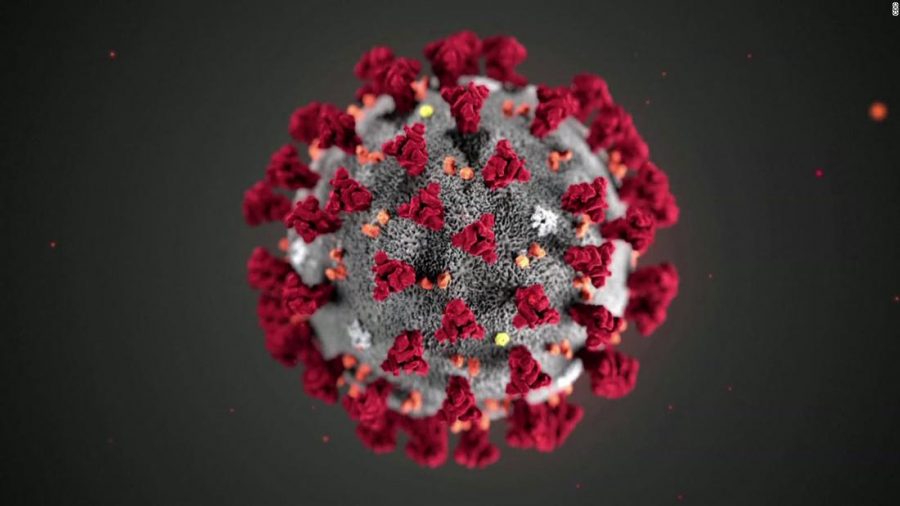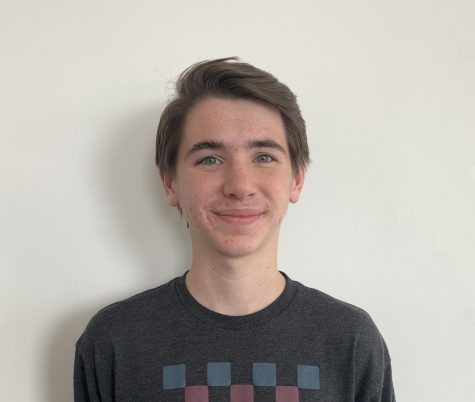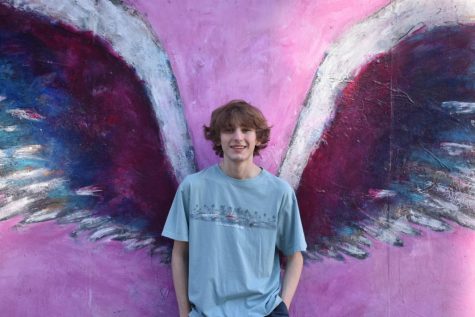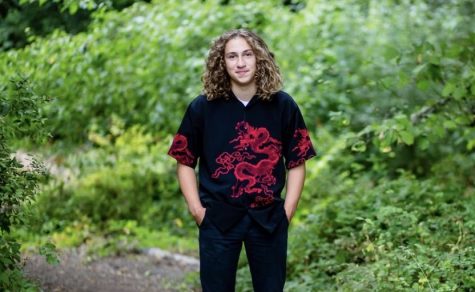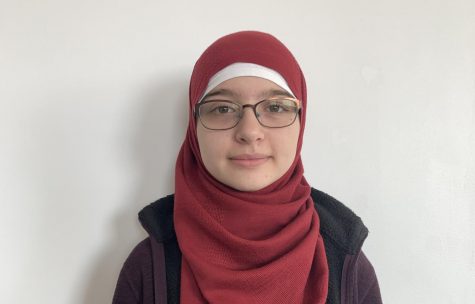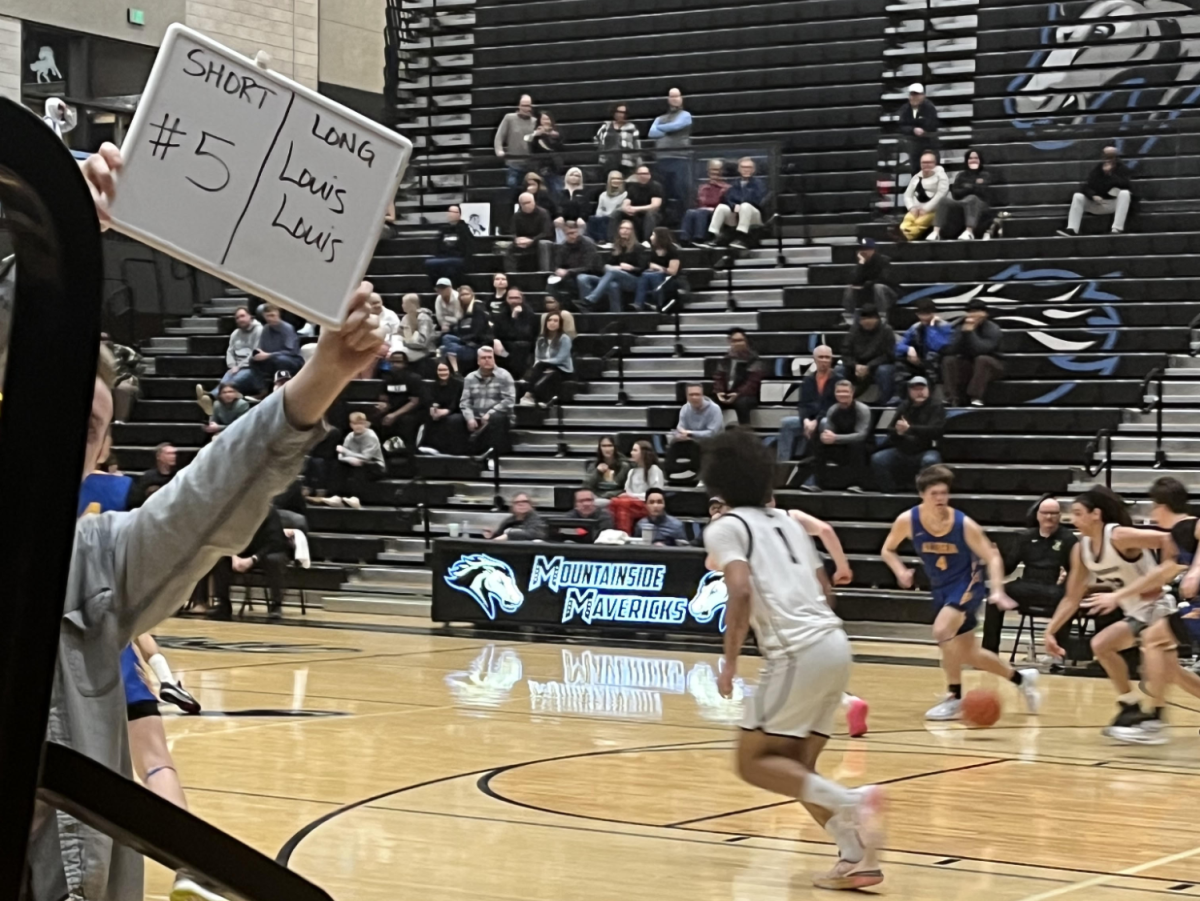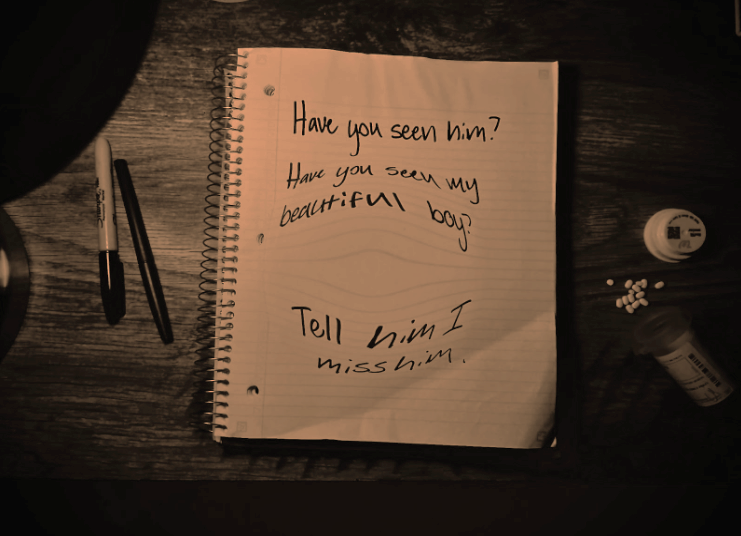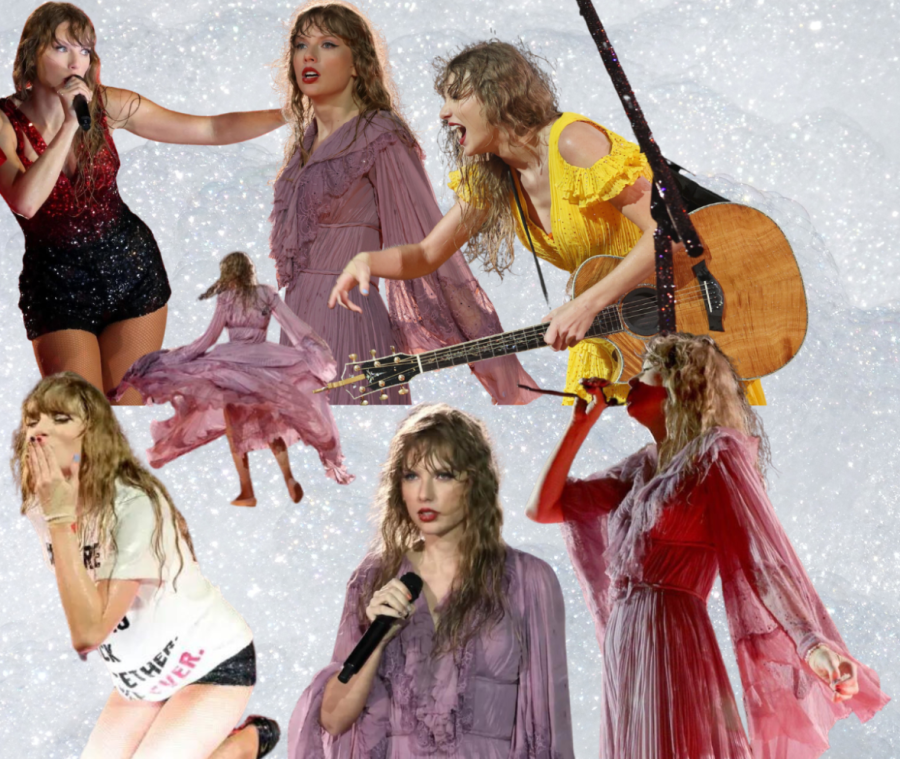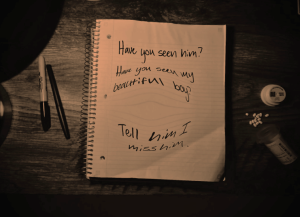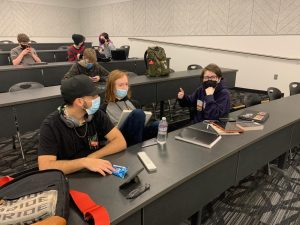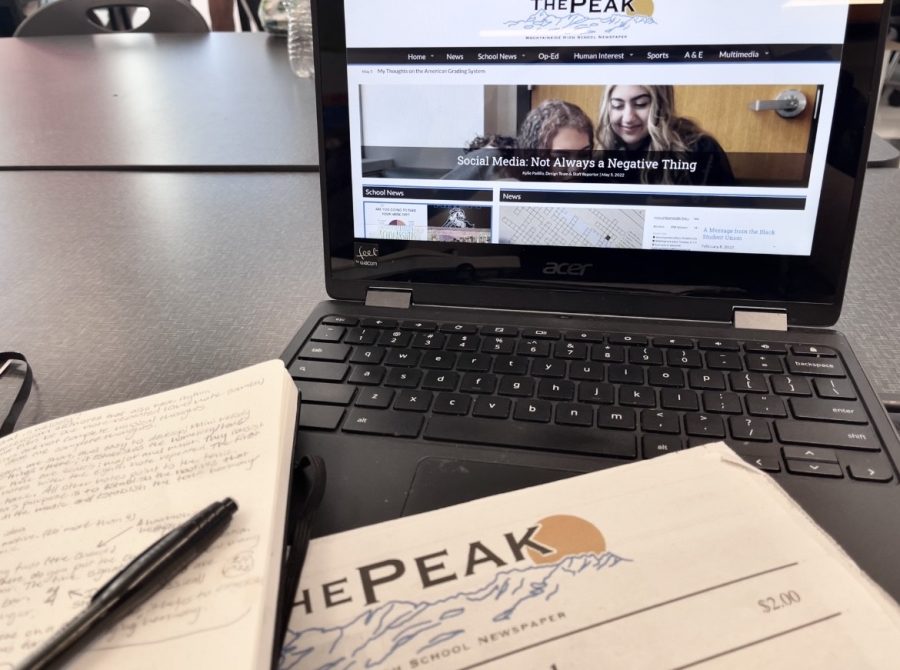Corona Confusion
March 12, 2020
Like many students at Mountainside, the Peak staffers have things to say about the COVID-19 pandemic and its growing impact on the world around them. With over 1,300 confirmed cases in the United States and 36.7% (491 cases) of those on the West Coast (Washington, Oregon, and California) there is valid reason for discussion and concern when it comes to closing our schools.
Washington Universities have already taken drastic measures to prevent further spread by starting online courses – every student has a Chromebook, but is that enough?
The Peak staff provides its collective insight into these issues and more:
The majority of our news staff (60%) is in favor of closing down the school the week before spring break and overall recognizes that drastic measures need to be taken to slow down the spread of the novel CoronaVirus (COVID-19). The school recently announced that “All major events such as dances, assemblies, and sporting games have recently been canceled or postponed.”
Many students are unhappy about this. “Choosing to either postpone or cancel big events but not actually close the schools makes no sense.” Others insist “The school needs to stay open. Since no one in the BSD has a confirmed case of COVID-19, we’re just jumping ahead of ourselves.” This seems to reflect the attitudes of most in the building, but the issue is much more complicated. The question many are asking now is should we extend spring break by giving next week off? Our News department has compiled some of the most popular arguments for both opinions in the table below.
News
| Pros for extending Spring Break | Cons against extending Spring Break |
|
|
| Important Facts to Remember: | |
|
|
Human Interest
As of the publication of this piece, very few members of the Mountainside community have personal relationships with those infected. However, our Human Interest department would like to highlight some of the countless examples of people who are directly affected by COVID-19 in other ways. Here are some of their stories:
Sierra Brown
After recently hearing Donald Trump’s Presidential Speech last night on the travel ban to Europe, my travel plans were forced to change this spring break. My family and I were shocked last night when we saw our flight from Seattle to Paris scheduled for this upcoming Wednesday (3/18) had been suddenly canceled yesterday morning. We were confused at first, and called our airline to see what happened… shortly before the president went live in front of the nation.
This news really affected me because I’ve been saving up for a trip to La France ever since Freshman year. I want to fulfill my dream of speaking the french language that I’ve been learning for the past 4 years with native people. Thankfully, my parents said that we could postpone our trip for the summer and will still be able to go on our journey in the future.
With new information coming in each day, we cannot foresee the possible consequences that may spread throughout this country, so my family and I all have our fingers crossed– hoping this virus does not get worse. In order to prevent such events, I strongly believe the Beaverton School District should shut down to avoid the rapid spread that we saw in Italy. Why are we sitting here and waiting for the worst to happen if we can take preventive measures right now to avoid it?
Silvia Gueli
Silvia Gueli (senior), an exchange student from Northern Italy, shared an international view of how COVID-19 is impacting not only exchange students but those who currently live in Italy. “They’re sending some exchange students back home which is scary.” Perhaps even more frighteningly, Silvia and other Italian exchange students are unable to return “because Italy is in lockdown, it would be impossible to get back in the country.” However, that could be for the best as she “would really prefer not to go right now.”
Seeing as how Italy has had a massive outbreak of COVID-19 in such a short amount of time, the fear that comes from such a sudden change is understandable. “It’s been crazy so far because nobody expected it to happen.” Silvia has hope for the future because she knows “the government is taking the right precautions and doing everything possible to stop the spread of it.”
One case, in particular, was very personal for Silvia. “Every summer [she goes] to [a] small town of 20,000 people and one person got coronavirus and died.” Unfortunately, at that time “they didn’t know the guy who died had [COVID-19].” When the town held a funeral for him, her uncle and aunt attended and “are in quarantine until March 17th.” Fear spread within the town after finding that the sickness had spread. “His wife got it, his son got it, which is scary.”
Despite this very personal story of COVID-19 impacting Silvia’s loved ones, the thing that is bringing Silvia comfort is the knowledge that Italy is doing what they can to prevent further spread of the disease.
Luca Casali
Luca Casali, a former Mountainside student, recently moved back to Italy before the second semester. He has definitely felt the effects of COVID-19 as Italy is now in full quarantine. “All shops and schools in Italy are closed at the moment and even just to go out you need a good reason, you can even get tickets for loitering around. Some guys here got a ticket because they were running and they were a group of people.” Some aspects of life have definitely been put on hold in Italy.
From Luca’s perspective, quarantine is “boring” as his day mainly consists of “staying in pajamas all day” and “going on the tv to video chat friends”. Schools in Italy started closing after about 800 confirmed cases of people with COVID-19, Luca still has a few video chats with teachers, but it’s not the same or as long as a normal school day. The question is constantly posed if we should be closing school, as other larger events have already been canceled or postponed, in Luca’s opinion, “I think they should close school (in Oregon), because here [Italy] in the beginning it was the same, and then if things over here aren’t all right yet and one person comes out with it then all the people hang around that person and it starts to spread. So I think they should close it for two weeks and then see what happens.”
Ashton Morrison
“Sure, let’s cancel assemblies because the large crowds of people are a risk, but not cancel school despite the sheer number of people walking past, and bumping into each other in the halls. Let’s not even MENTION the fact that half of the school is confined to the commons for lunchtime. This isn’t really that dangerous for us, it’s more of a risk for the older members of our staff and for the older citizens that come in contact with the students. For example, a good amount of students work in retirement homes and communities and there’s actually a [MHS] student who per order of his mother’s boss can’t go to school and risks putting the members of that community in danger.”
Arts and Entertainment
It can be easy to get caught up in the numerous negative consequences that accompany any major pandemic. But our Arts and Entertainment division would like to remind each of you to search for light amongst these dark times, in a segment they like to call Mr. Brightside:
With the rapid spread of this virus, the future is left uncertain for individuals across the globe. However, there is no doubt in our minds that this tragedy will give new opportunities to artists and creators, potentially paving the way to another artistic rebirth much like what was seen in post 9/11 New York.
Catastrophes and global events have an undeniable link with art revival. Movements like Dadaism were born in Europe because of the tense economic and social climate brought about by World War 1. Protest art saw a massive boom in the United States during the Vietnam war, and even more recently the #MeToo movement has created some of the most emotionally charged artistic expressions in recent memory by giving oppressed women a louder voice inspiring others to come out and share their stories. The spread of Covid-19 can not be justified by any means, but if this pandemic really is as inevitable as it seems then we need to start looking at the silver linings before we lose sight of what matters.
Celebrities like Tom Hanks announcing that they have been infected is a powerful reminder that this virus does not discriminate and will continue to work its way through the entire population. It would be impossible to ignore the effects of this virus on the livelihood of artists, such as a lack of steady revenue that many musicians rely on from touring or the cancellation and delay of movies over health concerns, but humans are at our strongest when we are faced with opposition. These disastrous setbacks are not the end, but rather the start of a new chapter. Before we start losing the last of our hope, let’s remember why we had it in the first place and look to the future with an optimistic eye.
Sports
Perhaps one of the most immediate and widespread consequences of the novel coronavirus has been its impact on our country’s athletics. Our sports department has outlined some of the most drastic steps taken in the sporting community to prevent the spread of this virus.
Organized High School Sports
As of 10:23 am March 12th OSAA and Oregon State have suspended the 5A tournament. At 10:19 pm on March 11th, OSAA made a statement that there will be no spectators at OSAA state championships. “There will be essential personnel and media only,” going into effect for all the games for March 12th and beyond. Then later on March 12th, OSAA suspended all remaining Winter State Championships. Practice will continue for other activities like Track and Field, Baseball and Softball, along with Golf. High School Basketball has limited attendance to only 60 student fans per school. Link to OSAA tweet
NCAA Basketball
On Thursday the 12th of March it was announced that the major conferences in college basketball have canceled their tournaments just five days before the start of March Madness. The March Madness tournament will take place behind closed doors without spectators. Two major college basketball programs have taken drastic measures against Covid-19. Duke has suspended athletic activities altogether while the University of Kansas has suspended all athletic travel “indefinitely”. AAC, ACC, Big Ten, Big 12, Pac-12, SEC and Atlantic 10 are among the conferences that have canceled their league tournaments. (CBS Sports)
NBA
Shortly after Rudy Gobert (center for Utah Jazz) tested positive for Covid-19, the NBA suspended the current season at 9:31 p.m ET on Wednesday. Donovan Mitchell also tested positive for the virus. Before the suspension took place, Rudy Gobert was seen touching microphones and recorders following his media appearance on Monday. NBA practices are still allowed to take place. (CBS Sports) Dallas Mavericks owner Mark Cuban has noted how this would impact workers at the stadium and would like to help his employees out in any way possible.
MLS
Following in the steps of the NBA, all professional soccer has been put on hold
Indefinitely. The MLS has postponed its season for a minimum of 30 days. MLS commissioner Don Garber said that the league was acting on guidance from the CDC, and other public health authorities “in the best interests of our fans, players, officials, and employees.” (Los Angeles Times) Link to MLS’s tweet
NHL
The NHL followed suit and suspended play along with the NBA. The NHL has suspended its season due to the rapid spread of Covid-19. The plan is to possibly resume the season later on in the Calendar year.
In conclusion, COVID-19 has grown into a much bigger threat than what was reported only weeks ago. Nevertheless, it seems to not pose a large enough threat for the state or district to decide to shut down schools. While many students (The majority of the Peak staff, included) agree that we should take a break from classes, it would be unfair to ignore the sacrifices that would have to be made by impoverished parents, students, and the highly-susceptible elderly population.
If you are passionate about canceling school in the Beaverton School District the week before spring break, there is a petition linked here. Additionally, there are readily-available data and live statistics.
Thanks to all The Peak staff members and reporters for providing their opinions, experiences, and factual evidence behind this issue.



